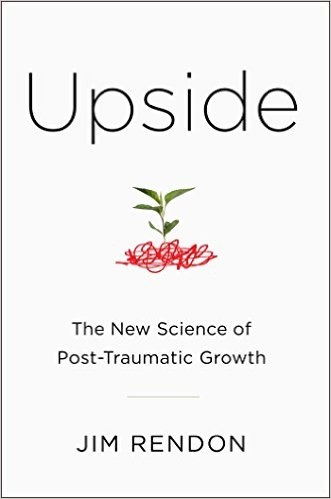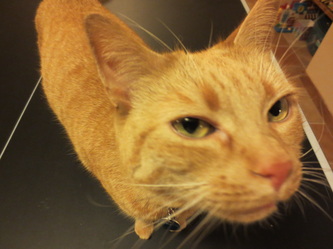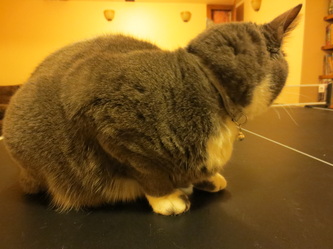 Upside: The New Science of Post-Traumatic Growth
Upside: The New Science of Post-Traumatic Growth by Jim Rendon, Touchstone Books, 2015. Available through
Amazon,
Barnes & Noble, and other retailers. Visit his author website at
jimrendon.com.
Wouldn’t it be sort of obvious that we almost always learn and change the most through difficult times? It is, but if you think about it the heaviest emphasis in the past couple of decades has been on the negative consequences of trauma, especially with the official diagnosis of PTSD—post traumatic stress disorder. And there is no doubt that those who have experienced pain, injury, disaster, and loss often, indeed almost always, suffer from all kinds of lingering issues, from flashbacks to sleeping problems to depression. Yet we know that we also grow from those experiences. As I read this book I realized that there has often been an either/or, all-or-nothing school of thought about trauma. Either I learn and grow, or I am a lesser person than I was. The message of this book is that it can be both. The author, veteran journalist Jim Rendon, begins by telling about his father, a Holocaust survivor. On the one hand, the negative one, his father sleeps poorly and is sometimes consumed by anxiety. On the other hand, the positive one, he is full of humor and compassion. “All that he lived through, all that he survived, all that he lost, left him changed and some of those changes have been truly positive” (xv).
 Upside: The New Science of Post-Traumatic Growth by Jim Rendon, Touchstone Books, 2015. Available through Amazon, Barnes & Noble, and other retailers. Visit his author website at jimrendon.com.
Upside: The New Science of Post-Traumatic Growth by Jim Rendon, Touchstone Books, 2015. Available through Amazon, Barnes & Noble, and other retailers. Visit his author website at jimrendon.com.
 Upside: The New Science of Post-Traumatic Growth by Jim Rendon, Touchstone Books, 2015. Available through Amazon, Barnes & Noble, and other retailers. Visit his author website at jimrendon.com.
Upside: The New Science of Post-Traumatic Growth by Jim Rendon, Touchstone Books, 2015. Available through Amazon, Barnes & Noble, and other retailers. Visit his author website at jimrendon.com.
 . . . This is without exception. Whatever different means they employ, they all tend to this end. The cause of some going to war, and of others avoiding it, is the same desire in both, attended with different views. The will never takes the least step but to this object. This is the motive of every action of every man, even of those who hang themselves.”
. . . This is without exception. Whatever different means they employ, they all tend to this end. The cause of some going to war, and of others avoiding it, is the same desire in both, attended with different views. The will never takes the least step but to this object. This is the motive of every action of every man, even of those who hang themselves.”

